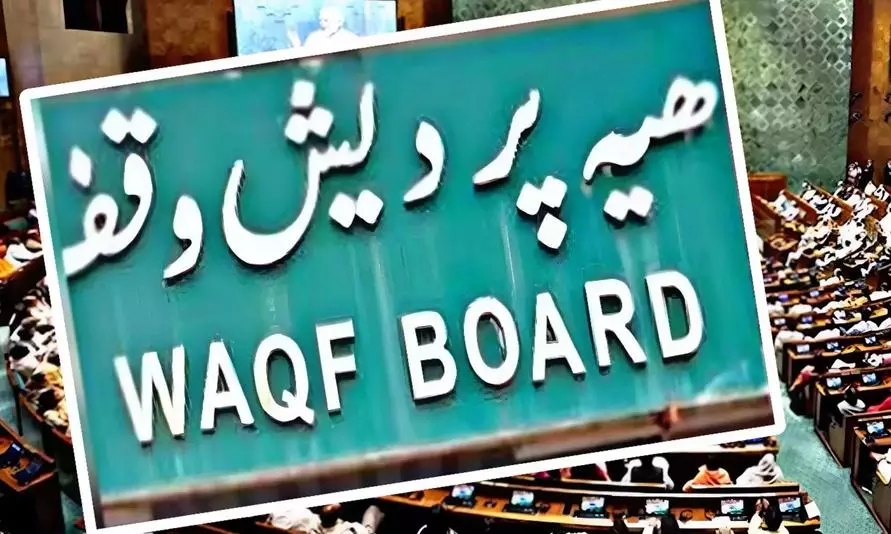In a move aimed at defending minority rights, the All India Muslim Personal Law Board (AIMPLB) has approached the Supreme Court to challenge the controversial amendments to the Waqf Act recently enacted by Parliament. The Board filed its petition late last night, expressing strong objections to what it describes as an unconstitutional and discriminatory piece of legislation.
Dr. SQR Ilyas, spokesperson of the Board stated that the petition characterizes the new amendments as arbitrary and exclusionary, directly infringing upon the religious freedom guaranteed under Articles 25 and 26 of the Indian Constitution. These articles ensure citizens’ rights to freely practice and manage their religious affairs and institutions — freedoms the Board alleges have been gravely compromised by the new law.
“The government is clearly attempting to centralize control over Muslim endowments, pushing the community to the margins in the administration of its own religious and charitable institutions,” Dr. Ilyas said in a statement.
One of the primary concerns raised in the petition is the revised criteria for appointing members to the Central Waqf Council and various state Waqf Boards, which the Board claims reflect a deliberate attempt to weaken community representation. The requirement that a waqif (endower) must have been a practicing Muslim for at least five years has also come under sharp criticism, with the Board arguing that it is inconsistent with both Islamic jurisprudence and the constitutional principles of equality under Article 14.
In its plea, AIMPLB further contends that while other religious communities — including Hindus, Sikhs, Christians, Jains, and Buddhists — retain autonomy over their religious endowments, the Muslim community is being denied the same right. This selective treatment, it argues, reveals a pattern of systemic bias and amounts to a breach of the constitutional promise of secularism and equal protection of the law.
The petition has been drafted and settled by senior Supreme Court advocate M.R. Shamshad, with Advocate-on-Record Talha Abdul Rahman representing AIMPLB. The legal action has been filed officially by the Board’s General Secretary, Maulana Mohammed Fazlurrahim Mujaddidi.
Dr. M Vaquar Uddin Latifi, Office Secretary of AIMPLB, confirmed that the Board is hopeful that the Supreme Court will strike down the contested provisions and reaffirm the fundamental rights of the Muslim community.







